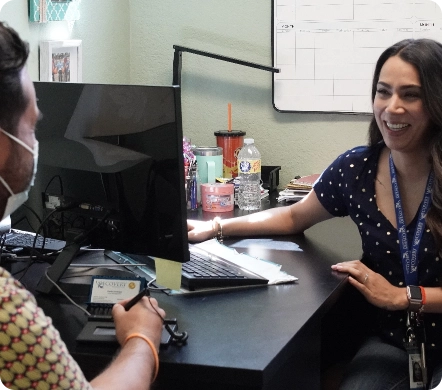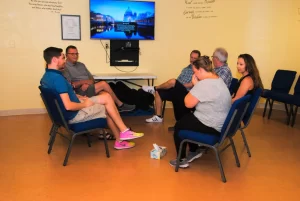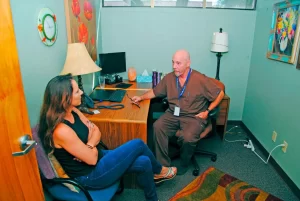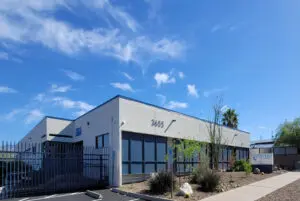Lorem ipsum dolor sit amet, do eiusmod tempor incididunt ut labore et dolore magna aliqua
Addiction treatment should be specific to each person. Our goal is long-term recovery for every person who comes to us so our drug and alcohol rehab programs are designed to facilitate long-term sobriety and healing.
Addiction makes it difficult to have hope for a fulfilling future beyond substances. The treatment process at Recovery in Motion is designed to be the first step towards a rewarding, fulfilling, and beautiful life.
Lorem ipsum dolor sit amet, consectetur adipiscing elit, sed do eiusmod tempor incididunt labore dolore.
Lorem ipsum dolor sit amet, consectetur adipiscing elit, sed do eiusmod tempor incididunt labore dolore.

Lorem ipsum dolor sit amet consectetur elit eiusmod tempor incididunt.

There is a correlation between how long someone stays in treatment and their success in sobriety. Recovery in Motion supplies several levels of treatment so that people are in the best position to begin and maintain long-term recovery.

Some people who are struggling with alcohol and opioid addictions benefit from medication such as Suboxone (Buprenorphine) and Vivitrol. Medication-assisted treatment (MAT) in addition to therapy can help sustain recovery and prevent opioid overdose.

Freedom from drug and alcohol addiction is possible. Recovery is a lifelong journey and healing is not linear. We offer several options for continuing care and aftercare to ensure that you have resources at every step of your journey.

Sessions are designed to give clients time to process and share in a 1-on-1 setting with their therapist.
GET HELP TODAY
Whether you are seeking care for yourself or a loved one, call us today for a free, no-obligation consultation. Our individualized treatment approach is successful and affordable.